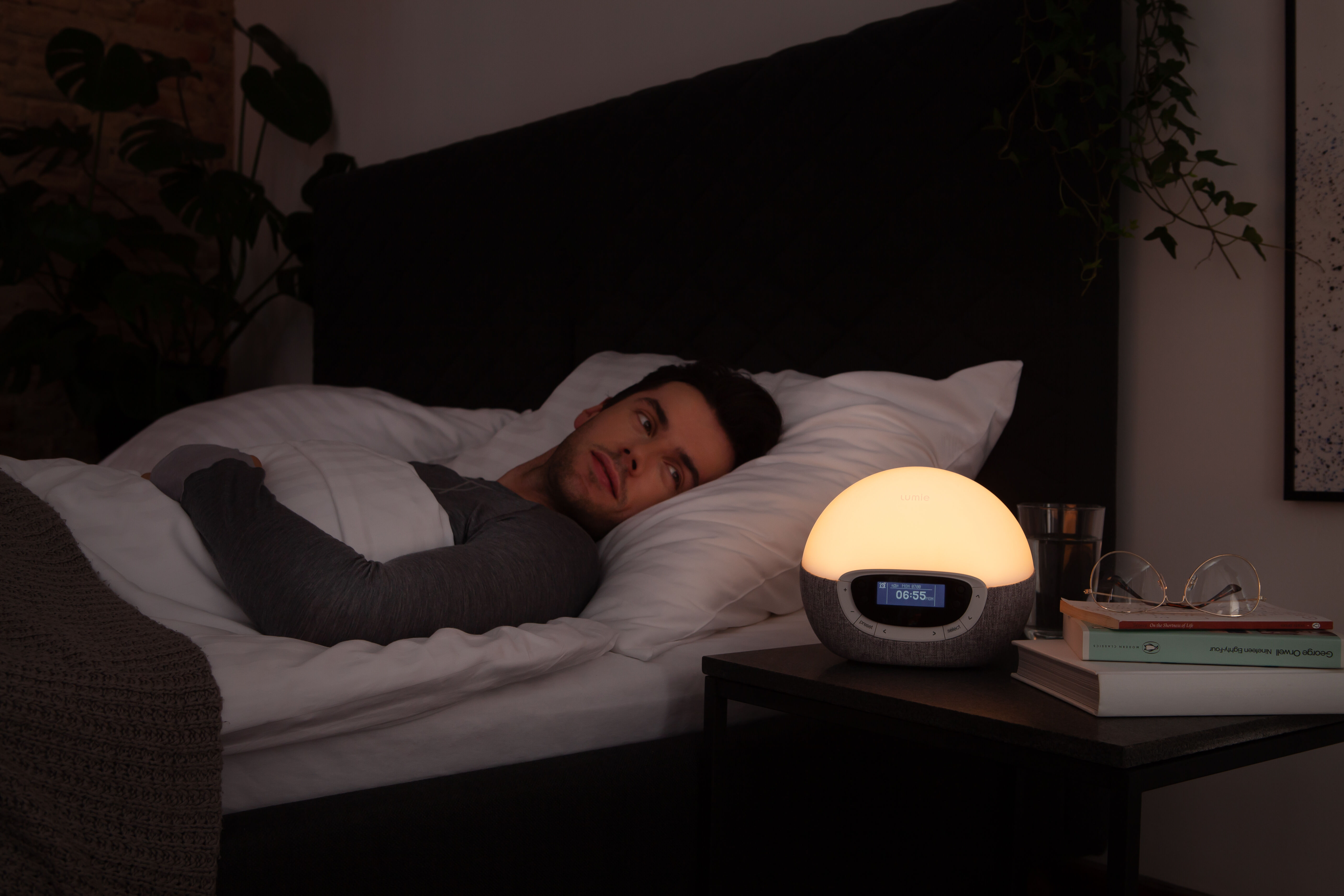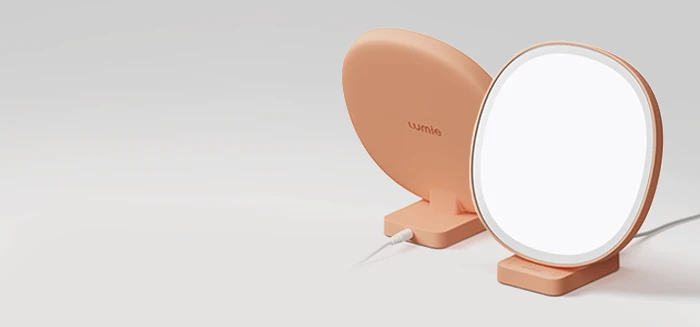Sleep 101: How to Get a Good Night's Sleep

Recent statistics show that an average person living in the UK sleeps for between 5.78 and 6.83 hours per night, meaning the majority don’t get the recommended 7 to 9 hours. While one bad night’s sleep never killed anybody, sleep deprivation and deficiency can in fact lead to serious physical and mental health problems, including high blood pressure and cholesterol, heart disease, weight gain as well as depression, stress and difficulty controlling emotions and behaviour.
Not all hope is lost, however; introducing some good sleep hygiene habits can be a positive step towards better sleep.
“To sleep better…you need to get up better!”, says sleep physiologist and Sleepyhead Clinic director Stephanie Romiszewski. Our circadian rhythm (our inner body clock) is one of two biological systems in our brain determining the quality, timing and length of sleep. Keeping a regular sleep/wake cycle helps in stabilising our circadian rhythm. Stephanie’s number one recommendation is that you get up at the same time every day. “If that sounds absolutely terrifying to you, that just shows how out of whack your current cycle is. If you rely on a lie in to feel better, then something is wrong.” Sticking to a regular wake-up cycle is much easier with Lumie Bodyclock; personalised sunrise helps you feel properly awake and refreshed at your desired wake-up time whatever the season.
Multiple studies have looked at the negative impact of using electronic devices in the bedroom, linking it to difficulty falling asleep and maintaining sleep as well as daytime dysfunction and fatigue (eg [1],[2]). This is largely due to the alerting quality of blue light emitted by tech, as well as the stimulating content delivered on the screens, be it due to a late-night Netflix binge session or a never-ending group chat on WhatsApp. Best thing you can do is to remove the devices from your bedroom altogether! Get used to charging your smartphone in the living room or kitchen and use Lumie Bodyclock both as a non-alerting low-blue light bedside lamp which is bright enough for reading in the evening, and as a sunrise alarm in the morning.
“Light is the most influential external factor in our lives that affects our sleep/wake cycle”, says Stephanie. Try to get plenty of bright light first thing in the morning, as it really does help you sleep better at night. In autumn and winter when the mornings are dark and gloomy, eating your breakfast, working out, going through emails or reading in front of a light box such as Lumie Vitamin L is a great alternative. Bright light emitted by Lumie Vitamin L helps provide a cue to the brain to regulate the hormones that affect waking up and sleeping, feeling energised or depressed similarly as spring morning light on a clear day would.
As Stephanie reminds us, sleep hygiene is not a treatment plan for sleep disorders. “Following it all too religiously only leads to more anxiety about sleep problems – it can make them worse!” That’s when you need to ask an expert; until then however, incorporating good sleep-focused practices into your lifestyle is a great place to start!




